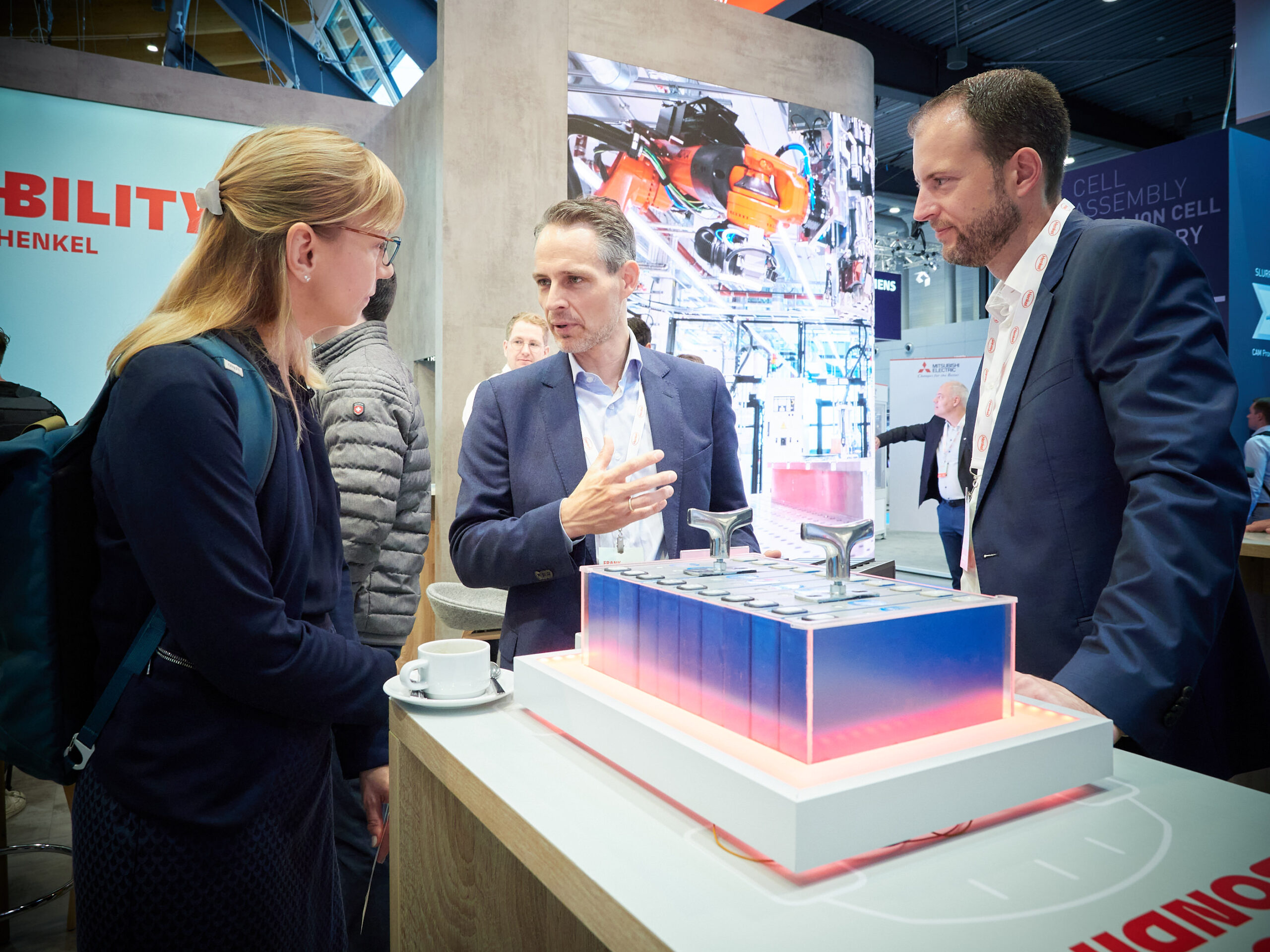
As we stand on the brink of a global energy revolution, it is staggering to note that renewable energy sources accounted for nearly 29% of global electricity generation in 2020. This figure is projected to rise dramatically as countries strive to meet their climate goals and reduce reliance on fossil fuels. In this context, understanding the transportation attributes of the renewable energy business becomes crucial.
The Intricacies of Renewable Energy Business Transportation

The renewable energy business encompasses various sectors including solar, wind, hydroelectricity, and bioenergy. Each sector has unique transportation characteristics that are essential for efficient operation and delivery. A significant aspect lies in Load Planning and Consolidation; optimizing these processes can lead to reduced costs and improved efficiency in transporting materials such as solar panels or wind turbine components across vast distances.
Battery Expo: A Hub for Load Planning and Consolidation
The battery expo serves as a pivotal platform where industry leaders converge to discuss advancements in battery technology critical for renewable energy storage solutions. In terms of Load Planning and Consolidation, this expo highlights innovative strategies aimed at maximizing transport efficiency while minimizing waste. Participants engage in workshops focusing on logistics optimization techniques tailored specifically for battery transport—ensuring timely deliveries without compromising safety standards.
Key Features of The Battery Show Related to Load Planning and Consolidation
- Advanced Logistics Solutions: The Battery Show showcases cutting-edge logistics software designed explicitly for managing complex supply chains associated with battery production.
- Sustainability Practices: Emphasis is placed on eco-friendly shipping methods that align with the principles of sustainability inherent within the renewable energy sector.
- Networking Opportunities: Attendees have access to key players who share insights into best practices regarding load consolidation techniques specific to batteries.
- Diverse Product Range: Exhibitors present an array of products which necessitate varied transportation approaches based on size, weight, and fragility—further complicating load planning efforts.
- User-Centric Workshops: Interactive sessions allow participants to explore real-world scenarios related to load planning challenges faced by companies operating within this space.
A Conclusive Overview
The exploration into how renewable energy businesses manage their transportation attributes reveals a landscape rich with opportunities yet fraught with complexities. Effective Load Planning and Consolidation not only enhance operational efficiencies but also contribute significantly towards achieving broader environmental objectives. As we continue cultivating innovations within this field, it remains imperative that stakeholders prioritize strategic logistics frameworks capable of supporting our transition toward sustainable energy solutions.
Click The Battery Show.
